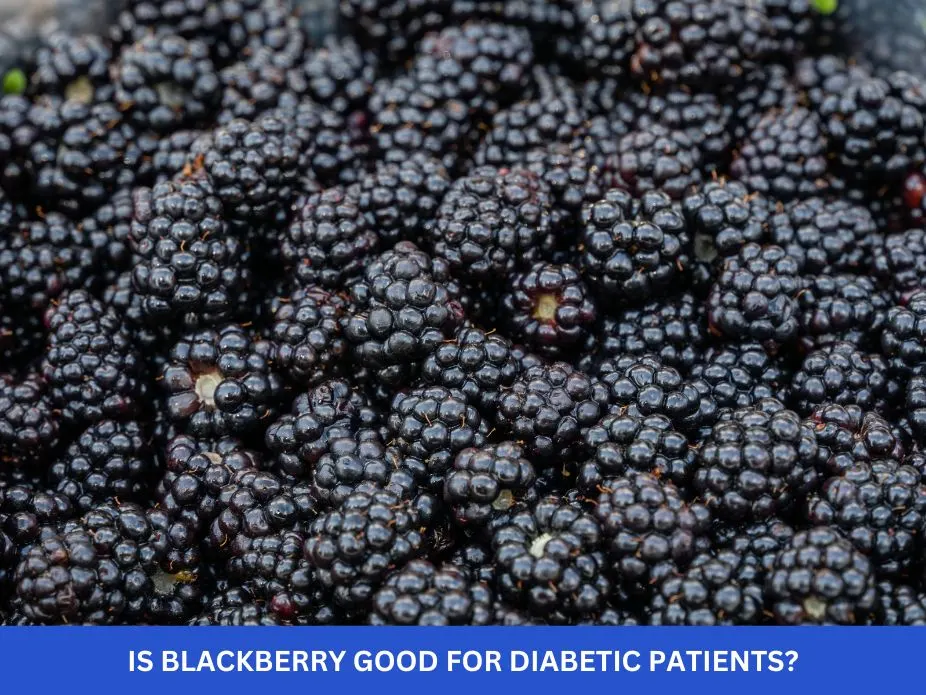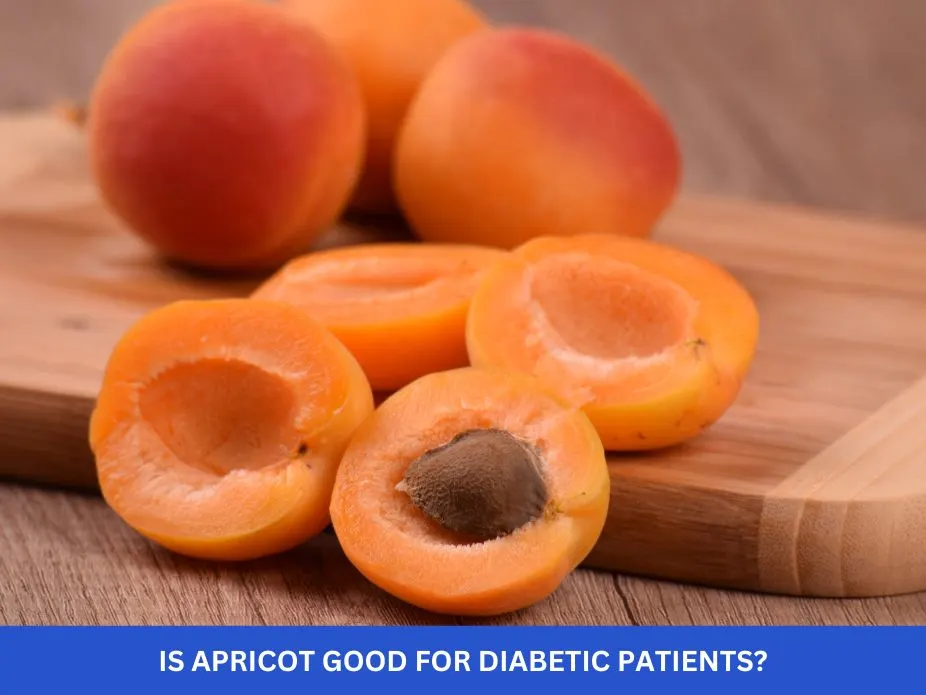Table of Contents
- Decoding Diabetes Hiccups: Symptoms & Causes
- Diabetes and Hiccups: What’s the Connection?
- Understanding the Link Between Diabetes and Hiccups
- Managing Hiccups When You Have Diabetes: A Practical Guide
- Common Causes of Hiccups in People with Diabetes
- Frequently Asked Questions
- References
Living with diabetes often means navigating a landscape of unexpected challenges. One such unexpected complication that can significantly impact quality of life is experiencing hiccups. While seemingly minor, persistent or frequent hiccups can be a frustrating symptom, and understanding diabetes-related hiccups: symptoms and potential causes is crucial for effective management. This blog post will explore the connection between diabetes and hiccups, examining the various reasons why they might occur and offering insights into potential solutions. Let’s delve into this often-overlooked aspect of diabetes care and learn how to better address this sometimes irritating problem.
Decoding Diabetes Hiccups: Symptoms & Causes
Experiencing hiccups? While often a minor annoyance, persistent hiccups can sometimes signal underlying health issues. For individuals with diabetes, this is particularly important, as studies show a significantly increased risk of complications. In fact, diabetes is linked to a 70% increased risk of sleep apnea and related sleep disorders, which can contribute to various seemingly unrelated symptoms, including persistent hiccups.
Understanding Diabetes-Related Hiccups
Hiccups, medically known as singultus, are involuntary spasms of the diaphragm. In the context of diabetes, several factors may trigger these spasms. High blood sugar levels can affect nerve function, potentially leading to irregular diaphragm contractions. Furthermore, gastroparesis, a common complication of diabetes affecting stomach emptying, can contribute to hiccups through delayed digestion and irritation. Acid reflux, another prevalent issue in individuals with diabetes, can also trigger these involuntary spasms. In hotter climates prevalent in many Indian and tropical countries, dehydration, a common concern for diabetics, can exacerbate these symptoms. Staying well-hydrated is crucial.
Identifying Your Hiccups
Pay close attention to the frequency and duration of your hiccups. Persistent hiccups, particularly those accompanied by other symptoms such as nausea, vomiting, or abdominal discomfort, warrant a visit to your doctor. Early detection and management of underlying diabetic complications are key to preventing more severe health problems. Regular blood sugar monitoring and adherence to your prescribed diabetes management plan are essential steps. If you’re experiencing other symptoms alongside your hiccups, you might find it helpful to read our article on Can Diabetes Cause Cramps? Understanding the Connection as cramps can also be a symptom of underlying issues.
Seeking Regional Healthcare Support
If you’re experiencing persistent hiccups and live in an Indian or tropical country, consult a healthcare professional familiar with the specific challenges of managing diabetes in these regions. They can provide tailored advice and treatment options based on your individual needs and local conditions. Don’t hesitate to seek medical attention; your health is paramount. Before experiencing persistent hiccups, it is important to be aware of the early signs of diabetes. You can learn more about these in our article on 10 Early Signs and Symptoms of Diabetes? – Tap Health.
Diabetes and Hiccups: What’s the Connection?
Diabetes, a prevalent condition particularly impacting populations in India and tropical countries, can sometimes manifest with unexpected symptoms. One such symptom is persistent hiccups. While not a direct consequence of high blood sugar, the underlying mechanisms of diabetes can contribute to their occurrence. Understanding the connection is crucial for effective management.
Potential Causes Linking Diabetes and Hiccups
Several factors related to diabetes can trigger hiccups. Nerve damage (neuropathy), a common complication of poorly controlled diabetes, can affect the phrenic nerve, responsible for diaphragm movement. This nerve irritation can lead to involuntary spasms, resulting in hiccups. Furthermore, gastroparesis, a condition causing delayed stomach emptying, is more frequent in people with diabetes. This slow digestion can trigger hiccups due to irritation and distension of the stomach. Lastly, certain medications used to manage diabetes may also list hiccups as a side effect.
Hiccups and Cardiovascular Risk in Diabetics
It’s important to note that persistent hiccups, particularly in conjunction with other symptoms, shouldn’t be ignored. Research highlights the increased risk for smokers with diabetes; they face a doubled mortality rate due to cardiovascular issues. While hiccups themselves don’t directly cause cardiovascular problems, they can be an indicator of underlying issues requiring attention. Individuals in India and other tropical regions, where diabetes prevalence is high, should be particularly vigilant. This is especially true considering the connection between diabetes and other health complications, such as those explored in The Connection Between Diabetes and Sleep Apnea.
Seeking Medical Attention
If you experience frequent or persistent hiccups alongside other diabetes-related symptoms like numbness, tingling, or digestive problems, consult a doctor immediately. Early detection and management of complications are vital for maintaining overall health and reducing the risk of severe health consequences. Don’t hesitate to seek medical advice; your proactive approach could be life-saving. Remember that diabetes can manifest in various ways, and understanding the potential links, as highlighted in our article on Diabetes and Hair Loss: Is There a Connection, is key to effective management.
Understanding the Link Between Diabetes and Hiccups
The Unexpected Connection
Diabetes, a prevalent condition particularly impacting populations in India and other tropical countries, can manifest in surprising ways. One such unexpected symptom is persistent hiccups. While not a direct cause, poorly managed diabetes can create an environment conducive to hiccup development. Reports show that over 30% of diabetes patients have HbA1c levels above 9%, indicating poor blood sugar control. This uncontrolled blood sugar can lead to several complications, some of which might trigger the phrenic nerve, responsible for diaphragm contractions, leading to those annoying hiccups.
Potential Causes and Triggers
Several factors related to diabetes can contribute to hiccups. Diabetic neuropathy, nerve damage due to prolonged high blood sugar, can affect the phrenic nerve. Furthermore, gastroparesis, a common complication where the stomach empties slowly, can lead to bloating and irritation, potentially triggering hiccups. Also, ketoacidosis, a serious condition characterized by high levels of ketones in the blood, can cause various neurological symptoms, including hiccups. These issues are particularly relevant in regions with limited access to consistent healthcare, highlighting the importance of proactive diabetes management. The link between diabetes and other health issues, such as Understanding the Link Between Diabetes and Obesity, is also important to consider.
Managing Hiccups and Diabetes
If you experience persistent hiccups alongside your diabetes, it’s crucial to consult a doctor. Effective diabetes management, including maintaining healthy blood sugar levels, can significantly reduce the risk of complications, including those that might trigger hiccups. Regular check-ups, adherence to prescribed medication, and a balanced diet are key to preventing such issues. In India and other tropical countries, access to affordable healthcare and diabetes education is paramount to managing this condition effectively. It’s also worth noting that diabetes can impact other aspects of health, such as hair health; for more information, see our blog on Does Diabetes Cause Hair Loss? Understand the Connection. Seeking professional advice and maintaining a healthy lifestyle are crucial steps toward preventing and managing both diabetes and its related symptoms.
Managing Hiccups When You Have Diabetes: A Practical Guide
Experiencing hiccups can be annoying, but for people with diabetes, they can sometimes signal underlying issues. This is particularly relevant in India and other tropical countries where diabetes prevalence is high, with 61% of those affected falling within the 20-64 age group. Understanding the potential link between diabetes and persistent hiccups is crucial for effective management.
Possible Causes of Hiccups in Diabetics
Several factors related to diabetes can trigger hiccups. High blood sugar levels, a common characteristic of poorly managed diabetes, can irritate the phrenic nerve, responsible for diaphragm movement. This irritation can manifest as persistent hiccups. Additionally, gastroparesis, a common complication of diabetes affecting stomach emptying, can lead to bloating and discomfort, indirectly triggering hiccups. In some cases, low blood sugar (hypoglycemia), another common experience for individuals with diabetes, can also cause neurological symptoms including hiccups. Dehydration, often overlooked, is also more prevalent in individuals with diabetes and can contribute to hiccup episodes.
Practical Tips for Managing Hiccups
Simple home remedies can often alleviate hiccups. Try holding your breath for a few seconds, drinking a glass of water slowly, or gently massaging your neck. If hiccups persist or are accompanied by other symptoms such as nausea, vomiting, or dizziness, it’s crucial to seek medical advice. In India and other tropical climates, staying well-hydrated is vital, not only for overall health but also for preventing hiccups related to dehydration. Regular blood sugar monitoring and management are fundamental in preventing complications. For more in-depth strategies, check out our guide on 10 Proven Tips for Effective Diabetes Management. For those aged 65+, who represent a significant percentage of the diabetic population, seeking prompt medical attention is especially important. The challenges of managing diabetes as you age are significant, and understanding these is key to proactive health management. You can learn more by reading our article on Managing Diabetes as You Age: Challenges and Solutions.
Seeking Professional Help
Don’t hesitate to consult your doctor or a qualified healthcare professional if hiccups persist or are accompanied by other concerning symptoms. In India and throughout tropical regions, access to timely and appropriate healthcare is crucial for managing diabetes and its related complications effectively. Remember, proactive management is key to preventing more serious health problems.
Common Causes of Hiccups in People with Diabetes
Diabetes, a global health concern affecting millions, including a significant population in India and other tropical countries, can sometimes present itself with unusual symptoms. One such symptom is the seemingly innocuous hiccup. While hiccups are generally harmless, their persistence or frequent occurrence in individuals with diabetes warrants attention. The sheer scale of the problem is staggering; 6.7 million people died from diabetes globally in 2021, highlighting the importance of understanding even seemingly minor associated symptoms.
Gastrointestinal Issues and Hiccups in Diabetics
Many cases of hiccups in people with diabetes stem from underlying gastrointestinal problems. Poorly controlled blood sugar levels can lead to gastroparesis, a condition affecting stomach emptying. This delayed gastric emptying can irritate the diaphragm, triggering hiccups. Similarly, diabetic neuropathy, nerve damage caused by prolonged high blood sugar, can also affect the nerves controlling the diaphragm, resulting in involuntary spasms and persistent hiccups. Constipation, another common complication of diabetes, can indirectly contribute by putting pressure on the diaphragm. In tropical climates, dehydration, often exacerbated by diabetes, can also worsen these issues.
Other Potential Causes
Beyond gastrointestinal issues, other factors can contribute to hiccups in people with diabetes. For example, certain medications used to manage diabetes may have hiccups as a side effect. Additionally, severe hypoglycemia (low blood sugar) or hyperglycemia (high blood sugar) can disrupt the nervous system and trigger hiccups. If you’re experiencing persistent hiccups, you might find relief in trying some 5 Effective Natural Remedies for Hiccups, but remember to consult a doctor for any persistent health issue.
Seeking Medical Advice
Persistent or severe hiccups should always be reported to your doctor, especially if you have diabetes. Early diagnosis and management of underlying conditions can prevent complications. In India and other tropical regions, access to timely medical care is crucial, so don’t hesitate to seek professional help if you experience prolonged hiccups alongside other diabetes-related symptoms. Prompt action can significantly improve your quality of life. It’s also important to understand other potential complications, such as whether diabetes can cause tachycardia.
Frequently Asked Questions on Understanding Diabetes-Related Hiccups: Symptoms and Potential Causes
Q1. What causes hiccups in people with diabetes?
While high blood sugar doesn’t directly cause hiccups, it contributes indirectly. Diabetic complications like nerve damage (neuropathy), affecting the diaphragm; gastroparesis (slow stomach emptying); and acid reflux can all trigger persistent hiccups. Dehydration also worsens the issue.
Q2. Are hiccups a serious symptom for diabetics?
Persistent hiccups, especially when accompanied by other symptoms like nausea or vomiting, warrant immediate medical attention. They can indicate underlying diabetic complications that need prompt treatment.
Q3. How can I prevent diabetes-related hiccups?
Managing your blood sugar levels effectively is crucial. Addressing and treating other diabetic complications such as gastroparesis, acid reflux, and neuropathy can help prevent hiccups. Staying well-hydrated, particularly in hot climates, is also important.
Q4. What should I do if I experience persistent hiccups?
If you experience persistent hiccups, consult a healthcare professional. They can diagnose the underlying cause and recommend appropriate treatment. This is especially important if you have other symptoms like nausea or vomiting.
Q5. Are there specific considerations for people in tropical climates or India?
Yes, individuals in India and other tropical countries may face additional challenges due to higher dehydration risks. It’s crucial to consult healthcare professionals experienced in managing diabetes within these specific regional contexts.
References
- A Practical Guide to Integrated Type 2 Diabetes Care: https://www.hse.ie/eng/services/list/2/primarycare/east-coast-diabetes-service/management-of-type-2-diabetes/diabetes-and-pregnancy/icgp-guide-to-integrated-type-2.pdf
- What is Diabetes: https://www.medschool.lsuhsc.edu/genetics/docs/DIABETES.pdf




